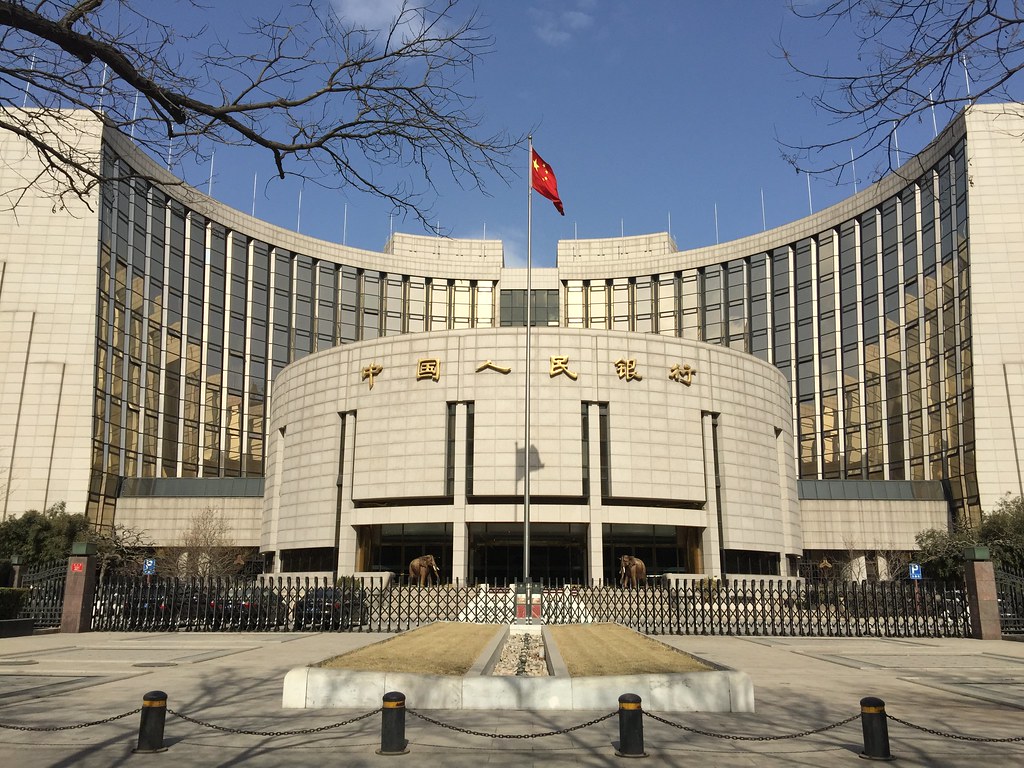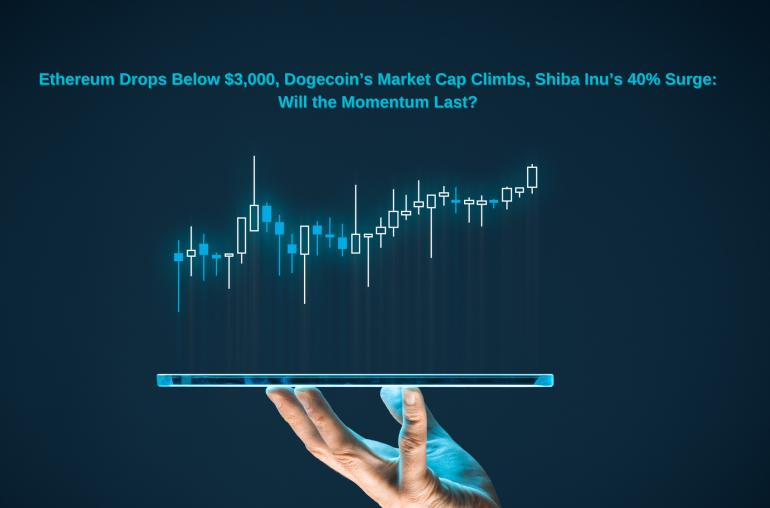
- The People’s Bank of China delivers far less monetary stimulus and easing measures than most economists had predicted or called for.
- Economists are revising downwards overall growth forecasts for China and investors looking to pick up bargains may want to consider escalating political risks especially if Chinese President Xi Jinping’s leadership renewal is somehow derailed.
With whole metropolises mired in pandemic lockdowns and citizens starving due to a lack of supplies, China is increasingly looking like the dystopian landscape envisaged by George Orwell in his novel “1984” where everything is monitored by “Big Brother.”
And now, an economy crying out for reprieve is being met with nonchalance as China’s central bank, the People’s Bank of China (PBoC) has held back on cutting key interest rates, instead providing a modest cash boost on Friday.
Analysts had anticipated that the PBoC would need to intervene more aggressively in a rapidly slowing Chinese economy and had forecast that the central bank would slash rates on Friday to spur growth.
Instead, the PBoC demonstrated its reticence to commit to the Chinese economy with a smaller-than-expected reserve requirement ratio cut of just 0.25%, half of what many had been expecting.
One-year policy interest rates were unchanged, a move which sent Asian stocks lower.
But the lack of action by the PBoC may also reflect the futility of monetary policy when the bulk of economic pressure is coming from Beijing’s ill-advised and stubborn adherence to zero-Covid policies and locking down of entire cities with populations larger than whole countries.
The PBoC’s lack of action also reflects how it may be hamstrung by policy tightening in other markets such as the U.S. and Europe as well as rising inflation risks from commodity imports.
Nevertheless, every bit may help, and Chinese President Xi Jinping’s doubling down on zero-Covid is starting to cause public rifts in the Chinese Communist Party that typically aims to represent a unified front to the people and the world.
In recent weeks, Chinese Premier Li Keqiang, who has been politically a pale shadow in Xi’s wake, said no less than three times that China’s zero-Covid policies are threatening the economy, even as his boss Xi came out to publicly support them.
Top Chinese officials other than Xi are also repeatedly warning of the risks to growth and the need for more monetary and fiscal stimulus even as economists have been downgrading China’s growth forecasts.
Investors eyeing the Chinese market for bargains may need to consider what the path forward from an increasingly fractious political climate in Beijing may portend.
For starters, Xi is looking for an unprecedented third term as leader of the world’s second largest economy and his grip on power looks unassailable.
But stranger things have happened and Xi’s dogged doubling-down on zero-Covid could ultimately prove his political undoing, as impossible as it may appear from the outside.
Even if it doesn’t, then poorly-informed policymaking with all decisions centered around Xi, who sits on an impossibly large number of committees means that the path for the Chinese economy looks uncertain.
At a time when risks are rising everywhere, to take bets on China now would be irresponsibly speculative.



